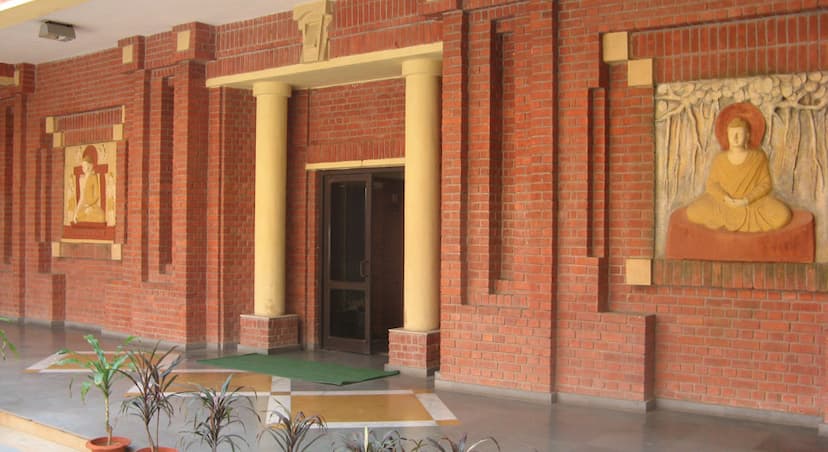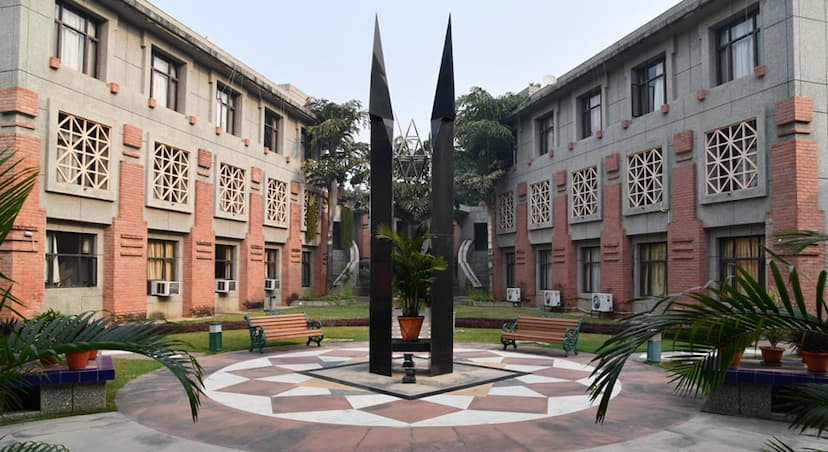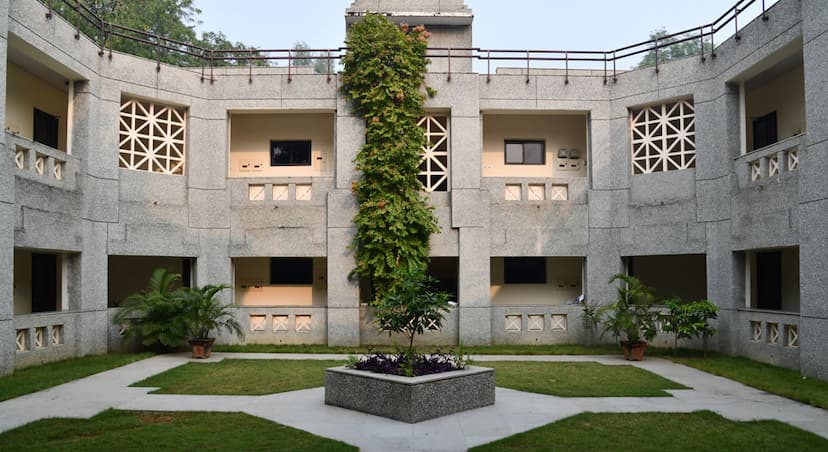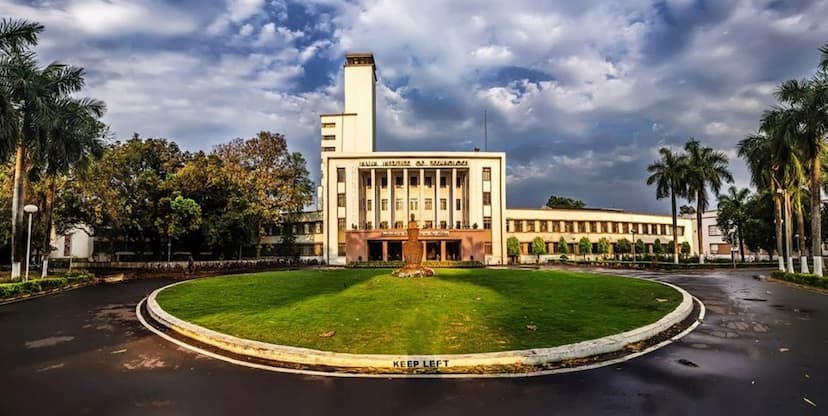IIM Lucknow faculty research outlines great $1.7 trillion investment

IIM Lucknow and Ahmedabad University have conducted a study outlining the necessary steps for India’s industrial sector to achieve net-zero emissions by 2070.
The study has been published in the prestigious journal Applied Energy and emphasises the need for transformative changes in the industrial domain of India to align with the nation’s net-zero emissions target, say sources from IIM Lucknow.


Critical role
India’s industrial sector plays a critical role in the economy, contributing significantly to employment and output, say researchers from IIM Lucknow.
However, it is also a major emitter of greenhouse gases, accounting for 22% of the country’s total emissions. While initiatives like “Make in India” are driving rapid growth, the sector’s reliance on fossil fuels, including coal, oil, and natural gas, presents a significant challenge for decarbonization, say sources from IIM Lucknow.
Key industries
The research focused on key industries such as steel, cement, aluminium, chemicals, and textiles. It used expert insights and energy-economy models to develop four possible future scenarios –

· Business-As-Usual
· Development First
· Carbon Neutral

· Synchronous
Each scenario explores how varying levels of policies and technologies could influence industrial growth, environmental impact, and the required investments, say sources from IIM Lucknow.

The study is an attempt to understand what the transition looks like in the coming decades as India approaches its target of achieving net zero emissions by 2070, said Prof Dipti of IIM Lucknow.

As the Indian economy grows rapidly in future, the speed and scale of India’s industry sector transition will be unprecedented, she said.
Developing the manufacturing sector while minimising negative environmental and societal impacts will be the key elements of a low carbon pathway for India, said Prof Dipti.
Decarbonizing industry sector will require rapid technology development, international finance for scaling up key technologies, innovative business models and standardized emission reporting, she said.
Policies
The researchers from IIM Lucknow found that with the right policies and the rapid adoption of advanced technologies, India could reduce industrial emissions by 63% by 2050.
The “SYNCH” scenario shows that strong action to reduce pollution is possible, but it would require an investment of approximately $1.7 trillion by 2050, say sources from IIM Lucknow.
This funding would be directed toward cleaner electricity, enhanced material recycling systems, and technologies that capture and store carbon, say sources from IIM Lucknow.
Actions
The study identifies three key actions: First, improving energy efficiency should be the immediate priority, as it is the most cost-effective and fastest way to reduce emissions, say sources from IIM Lucknow.
Second, improving material efficiency requires a comprehensive approach, including regulations that require businesses to disclose their pollution and resource use.
Third, the government should strengthen programs like emission trading and establish clear rules for carbon tracking and reporting to help businesses adopt sustainable practices.

Emerging technologies like hydrogen-based systems and carbon capture are still under development, but must be expanded to support sustainable industrial growth.
Success will depend on significant investments, faster technology adoption, and policies that balance economic progress with environmental protection.
About IIM Lucknow
Indian Institute of Management Lucknow, established in 1984, is the fourth in the prestigious IIM family of management schools to be established in India after IIM Calcutta, IIM Ahmedabad, and IIM Bangalore.
In 2005, IIM Lucknow expanded its area of influence in the realm of management education by becoming the first IIM to set up a satellite campus exclusively for Executive Education at NOIDA in Delhi NCR region.
Also Read – UGC NET December 2024 Exam Application submission Closes on 10 December 2024, Registrations Can Be Done
S Vishnu Sharmaa now works with collegechalo.com in the news team. His work involves writing articles related to the education sector in India with a keen focus on higher education issues. Journalism has always been a passion for him. He has more than 10 years of enriching experience with various media organizations like Eenadu, Webdunia, News Today, Infodea. He also has a strong interest in writing about defence and railway related issues.









